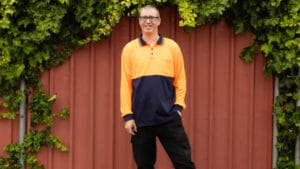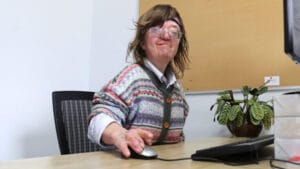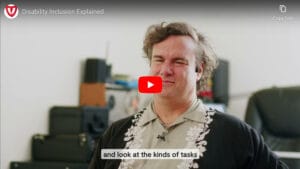Volunteering Tasmania is committed to the development of the sector and to the professional development of managers of volunteers, paid and unpaid.
Behind great volunteer experiences is effective leadership and management. Volunteering Tasmania is passionately committed to supporting organisations through the provision of information and advice. We offer a range of opportunities for advancement and support.
Celebrating volunteers with disability
Our disability awareness campaign is the result of a co-design project facilitated by Volunteering Tasmania, alongside key stakeholders, to help understand the challenges and needs of people with disability, and to support organisations to deliver more accessible and inclusive volunteering opportunities. The campaign aims to support a volunteering sector where volunteering opportunities are meaningful, equitable, and accessible for people with disability.
The experiences of seven volunteers with disability from across the State are highlighted in video or story form, below.
Volunteer Stories

Nathan’s Volunteer Story
Listen to Nathan’s story here. Navigating life with a disability,

Caroline’s Volunteer Story
Listen to Caroline’s story here. Caroline’s journey exemplifies the profound

Disability Inclusion Explained
Disability Inclusion Explained – a conversation with Jan and Vaughn
News Alert
- Strong and Resilient Communities Small Grants Announcement



